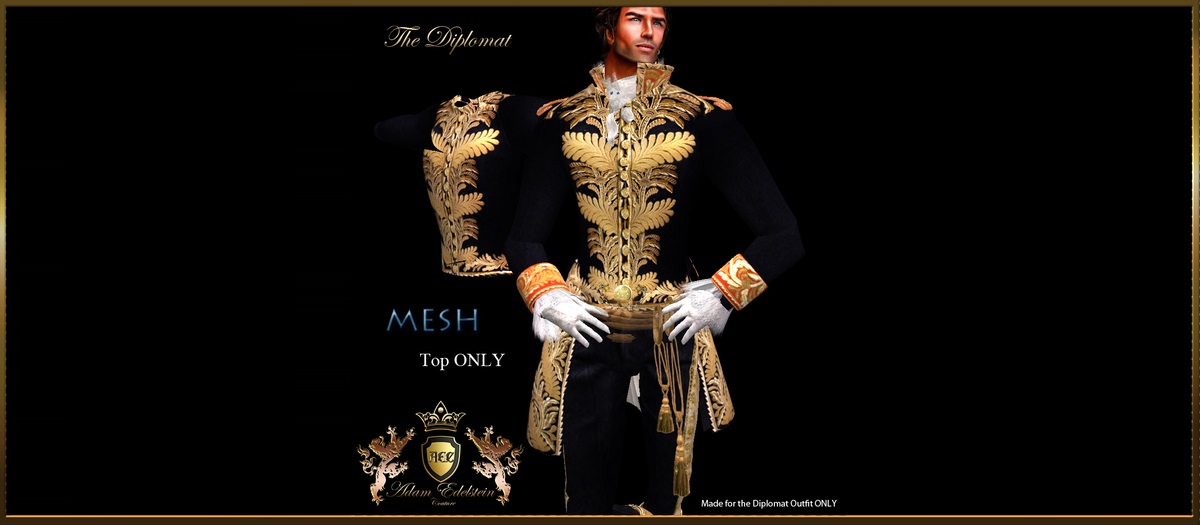- Posted on : September 4, 2013
- Posted by : Tom Fletcher
The iGeneration has more opportunity than any generation before to understand their world, to engage with their world and to shape their world. In the ten years since 9/11 that world has been transformed more by American geeks in dorms than Al Qaeda operatives in caves.
It was citizens who took the technology and turned it into something extraordinary. In years to come, people will say that the most powerful weapon in the Middle East was not sarin gas or Iran’s bomb, but the smartphone. We have seen the power of the best of old ideas allied with the best of new technology: regimes can ban the iPhone, but iFreedom will get through in the end.
This new context changes everything. Increasingly, it matters less what a Minister or diplomat says is ‘our policy’ on an issue – it matters what the users of Google, Facebook or Twitter decide it is. As the rock star of digital diplomacy, Alec Ross, says – networks are replacing hierarchies.
Diplomacy is Darwinian. We evolved when sea routes opened up, empires rose and fell, the telephone came along. Some said you could replace the FCO with the fax. Well, we saw the fax off, and the telegram. Now we have to prove that you can’t replace the FCO with Wikipedia and Skype.
Equipped with the right kit, and the right courage, diplomats should be among pioneers of this terrain. We’re already writers, advocates and analysts. We must now become digital interventionists.
Jamie Oliver, as the Naked Chef, pared back cooking to the essentials. The Naked Diplomat has a smartphone to protect his modesty. But also the skills that have always been essential to the role: an open mind, political savvy, and a thick skin. He or she will learn the language of this new terrain in the way he or she has learnt Chinese or Arabic.
Set piece events are being replaced by more fluid, open interaction with the people whose interests we are there to represent. I ask colleagues who are not convinced about the power of these tools to imagine a reception with all their key contacts. You would not delegate it, stand quietly in a corner, or shout platitudes about warm bilateral relations. You would be in the mix, exchanging information. With or without the Ferrero Rocher.
Some practical examples. We’re aiming to use online dating technology to link UK producers with one of the world’s most powerful trading networks – the Lebanese diaspora. Crisis/contingency preparation now relies increasingly on social media. We judge that it is not now worth doing a speech unless it is reaching, via social media, over 1000 people. We’ve done a virtual dinner, live streamed to involve thousands of Lebanese, and the first ‘tweet up’ between an ambassador and a Prime Minister. One of our blog posts reached 1 in 10 Lebanese citizens.
But the most important thing social media does for us is that, for the first time, it gives us the means to influence the countries we work in on a massive scale, not just through elites. This is exciting, challenging and subversive. Getting it wrong could start a war: imagine if a diplomat tweeted a link to an offensive anti-Islam film. Getting it right has the potential to rewrite the diplomatic rulebook. A digital démarche, involving tens of thousands, will be more effective than the traditional démarche.
I think, like the best traditional diplomacy, iDiplomacy comes down to authenticity, engagement and purpose. It is raw and human. People are more likely to read your material if they know something about you. We need to interact, not transmit. Our followers will be a mix of the influential, curious, eccentric and hostile.
The internet brings non-state actors into the conversation. That’s part of the point. Once they’re in, they can’t be ignored. Diplomacy is action not reportage, so tweets should be about changing the world, not just describing how it looks. What makes my country richer? What makes my country more secure?
Of course social media can’t replace diplomacy. We still need secrets, and direct conversations, however many of us become what the Economist calls ‘Tweeting Talleyrands’. We have to recognise the limits. This is just one tool among many. Just like a clever telegram, the pithy tweet does not matter more than the action it describes. The message matters more than the medium.
Many of us have made mistakes on social media, but the biggest mistake is not to be on it.
This is happening all around us, with or without diplomats. It presents threats as well as opportunities. But so did the printing press, the telephone, air travel. Now that anyone can be a diplomat, we have to show that you can’t live without diplomats.
We need to seize our smartphones.

